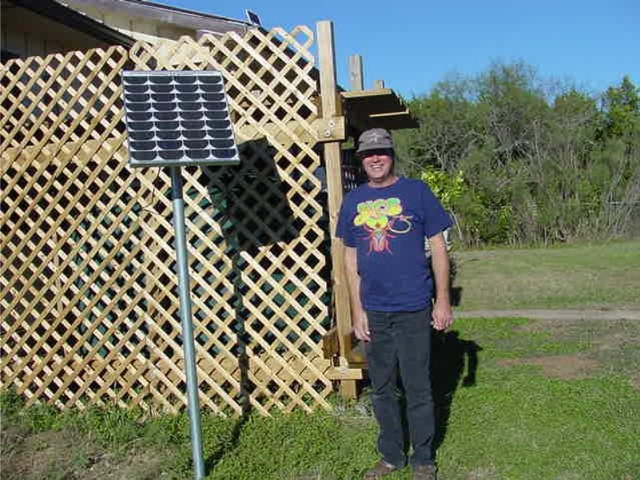Acceleration requires additional energy. In the end we don't have enough energy to convert the waste to oil in any type of positive EROEI calculation.
Acceleration requires heat. Much of the heat in a TD plant is recycled (steam from the first stage is condensed to heat incoming feed) which is why such high efficiency can be achieved, according to CWT. Apparently the energy you require for heating and all other process needs represent only 18% (15/85) of the energy in the fuel produced. Note much of the required energy is in the feedstock.
Also it is good to keep in mind that we don't calculate the cost of the making of fossil fuel in our estimates for making a product. We should.
We should not, unless you are telling me that trash has value.
A third consideration is that waste is dispersed. If it must be trucked to a central TD processing unit to achieve the efficiencies of scale, that aslo is a significant cost.
Many big cities already collect the dispersed trash for disposal at a central facility. No additional energy required for collection.
If you treat all biological waste this way, you are certainly not going to return it back to ecosystem (as fertilizer and base for next generation of plants/animals) but instead throw it into atmosphere as CO2.
CO2 is not fertilizer. The main constituents of fertilizer is nitrogen, phosphorus and potassium. According to the missing technical papers from CWT, much of the nitrogen in the feedstock will leave as ammonium sulphate, which can be used to make fertilizer. In addition, the mineral byproduct from the plant consists of 6% nitrogen, 38% phosphorus, 1% potassium, 34% calcium, etc. This byproduct is also available for making fertilizer. Think of fertilizer as similar to energy in this regard: it can't be made or destroyed. If anything, TDP converts the fertilizer from a stinking organic mess into a mineral product that would be much easier to handle.
See
http://www.itcnet.org/Fire%20web%20site ... rocess.pdf for one of those "missing" papers.
How large area of farmland do we need to capture enough energy from sun to power society.
Zero: We would be using existing waste, which currently goes to waste, if you will excuse the pun.
Shit and toilet paper from a million people now power about ten buses. That's it.
I don't think so. Most sewage treatment plants need gas to heat the anaerobic digesters that convert the waste to biogas. So the gas left to power vehicles is probably a small fraction of the total biogas produced. Compared to other waste streams (agricultural, solid waste, i.e. trash, etc.) sewage sludge is a small component.
So, with your heavy metal contamination, this could alter the nature of the resulting oil to such an extent that the chemical reactions used to "crack" the raw oil may simply not work at all.
True. According to CWT theyn have tested a number of different wastes, and was able to make the process work on all of them. So, I think your concern may already have been addressed. It is true that a plant designed for turkey guts probably cannot be converted to a different feedstock without a major redesign.





